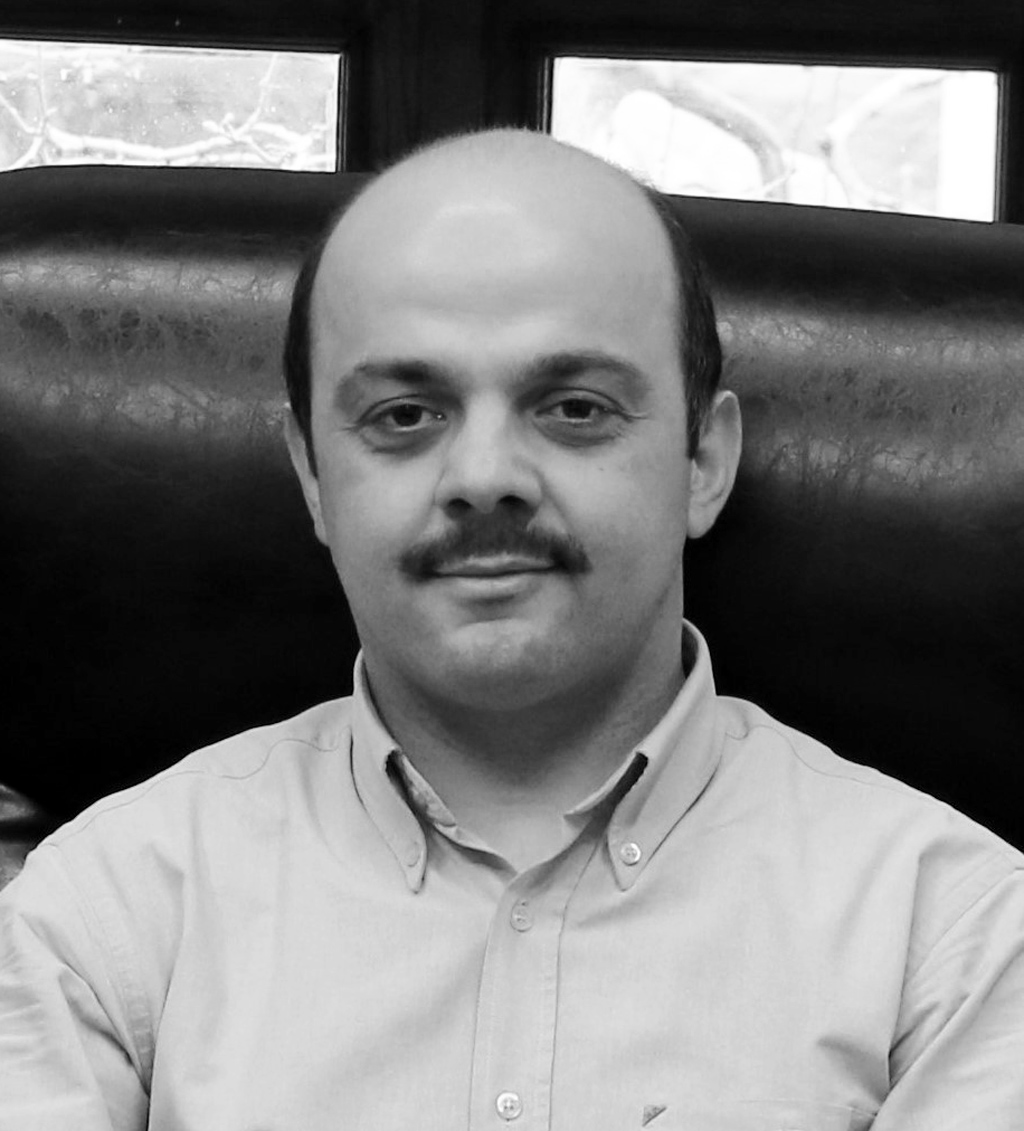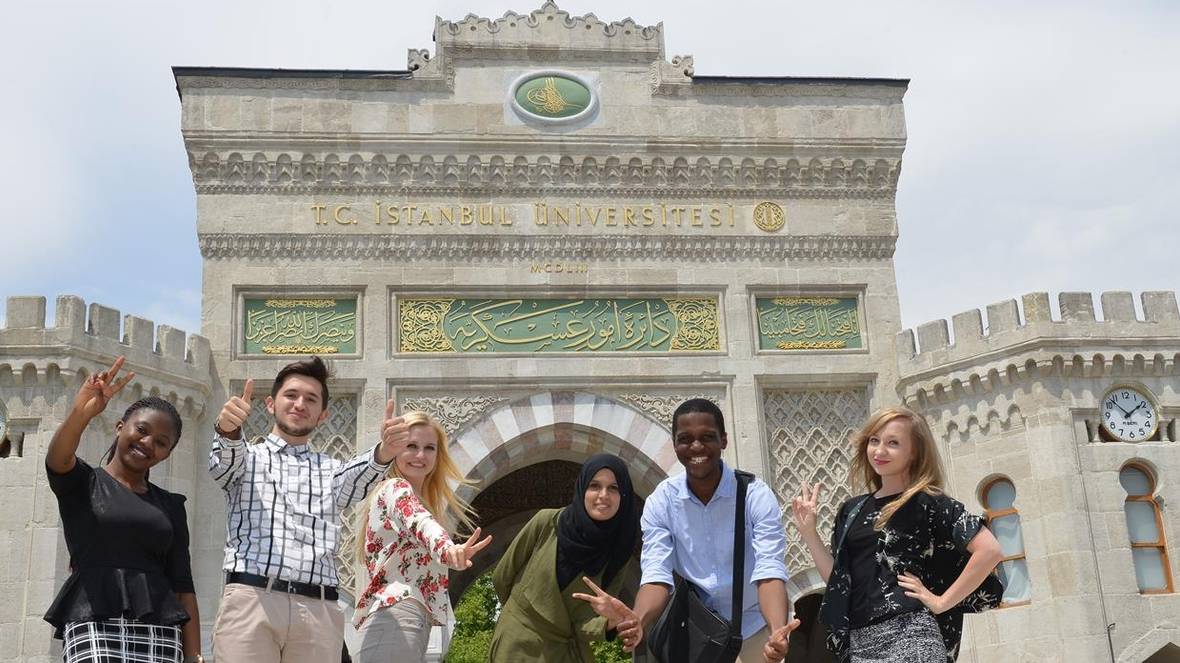In the bustling lecture halls of Turkish universities, a quiet but profound diplomatic force is taking shape. The country’s international student population has grown sixfold in a decade, driven largely by Syrians.
Among Türkiye’s 336,000 international students, over 60,000 are from Syria, making them the largest foreign student group in the country. This represents a thirtyfold increase since 2013, with Syrians alone making up nearly one-fifth of Türkiye’s international student body.
These young scholars represent more than just an investment in education—they are a potential bridge between Ankara and a post-war Damascus, shaping the future of both nations in ways that extend far beyond the classroom.
The appointment of Syria’s new foreign minister, Asaad Hassan al Shaibani—a graduate of Istanbul Sabahattin Zaim University—illustrates this dynamic.
Shaibani, who continues to pursue his Ph.D. in the same institution, wrote his master’s thesis on Turkish foreign policy towards Syria, a reflection of the intellectual and political cross-pollination taking place.

The appointment of Syria’s new foreign minister, Asaad Hassan al-Shaibani—a graduate of Istanbul Sabahattin Zaim University— shows Türkiye's increasing soft power across the Middle East.
He is not alone: Aleppo’s newly appointed governor, Azzam al-Gharib, is another alumnus in Islamic Studies from Bingol University in eastern Türkiye.
These graduates, embedded in Syria’s evolving political landscape, exemplify what American academic Norman Kiell termed “unofficial ambassadors” in 1951.
As more Syrian students return home, many will rise to positions of influence, bringing with them not only an education but an intimate understanding of Türkiye’s strategic perspectives.
Other key student populations come from Azerbaijan, Iran, Turkmenistan, and Iraq, reflecting Türkiye’s deepening educational ties across the region.
From students to diplomats, traders, and scholars
Beyond politics, these students are shaping economic and cultural ties between Damascus and Ankara.
According to the Istanbul Planning Agency (IPA), international students contribute nearly $2.9 billion to the Turkish economy annually, with Syrians accounting for an estimated $522 million.

According to the Istanbul Planning Agency (IPA), international students contribute nearly $2.9 billion to the Turkish economy annually, with Syrians accounting for an estimated $522 million
Last year, Turkish President Recep Tayyip Erdogan at an event in Istanbul’s Marmara University, emphasised the growing influence of international students in Türkiye, both as a driver of the economy and as a bridge to the world. He highlighted that 95 percent of them finance their own education, a fact that underscores Türkiye’s emergence as a global education hub.
The increase in the number of universities from 76 in 2002 to 208 and attractive opportunities such as YTB (The Presidency for Turks Abroad and Related Communities) scholarships have made Türkiye the seventh most popular study-abroad destination following the US, Canada, the UK, Australia, France and Germany.
The presence of international students and alumni is already fostering stronger trade relations, as graduates familiar with Turkish markets and business practices establish commercial links upon their return.
In many ways, they are positioned to become “trade ambassadors” for Türkiye in Syria’s reconstruction era.
The academic landscape is also shifting.
The presence of over 60,000 Syrian students has enriched Turkish higher education, fostering a more internationalised learning environment.
As these graduates integrate into Syria’s institutions, they will likely facilitate academic exchanges, research collaborations, and future diplomatic initiatives between the two countries.
To fully realise this potential, Türkiye can develop a well-defined “strategy for Syrian students and graduates”.
Given these realities, Türkiye should take a strategic approach—one that actively cultivates its Syrian alumni network, much like the US and the UK have done for decades.
There are currently at least 54 US-educated nationals who became top leaders in their respective countries. The same is true for the UK, where there is at least one senior leader from 53 different countries.
Türkiye has a compelling model to follow.
In order to strengthen the bond with international students who contribute to the country in more ways than one, Türkiye should actively foster alumni networks to maintain strong relationships with these graduates. That will ensure a direct line of communication and collaboration, free from reliance on third-party intermediaries.
By investing in these students, Türkiye is not just educating a generation—it is building the foundation for a lasting regional partnership.
As Türkiye cements its status as a global education destination, these students are shaping not only the economy but also the country’s evolving role in cultural diplomacy.







